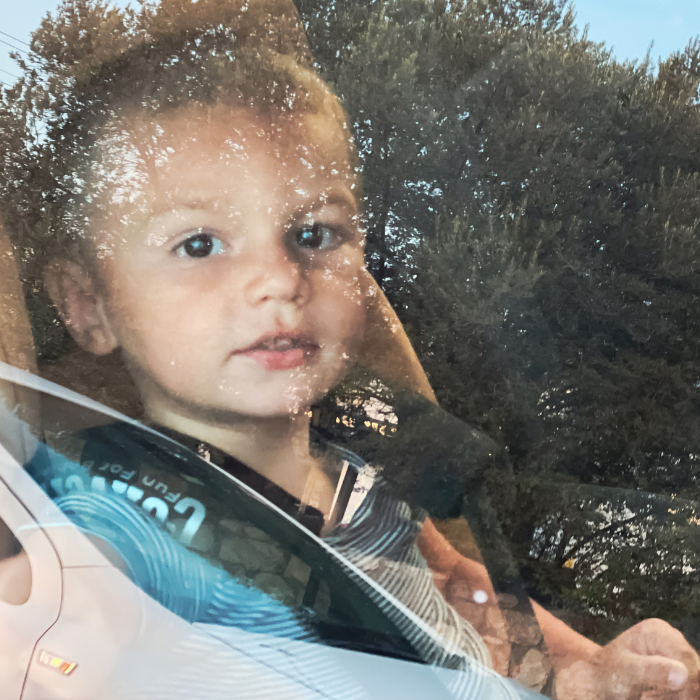
Is your child hounding you to let him drink coffee “just like Mum and Dad”? Or is your tween struggling to keep up with all of her activities and obligations, and thinks a morning coffee might help kick-start her day? Angela Phillips weighs in on the topic of coffee drinking for kids.
Many of us love a good coffee. Relaxing in a café while our kids enjoy a fluffy or hot chocolate is a daily activity for some. It is no surprise, then, that there appear to be growing numbers of children and adolescents consuming coffee, so let’s look at the pros and cons, especially in light of the fact that coffee is, in fact, a drug. We have no New Zealand-specific guidelines for how much coffee is acceptable for children, although Food Safety Australia and New Zealand (FSANZ) researched literature showing increased anxiety in doses of 3mg/kg/day which, for a small 20kg child, is less than the amount in a standard instant coffee. One Brazilian study found benefits of one coffee per day, and some experts feel controlled, supervised consumption at home may lead to long-term positive self-regulation of coffee.
WHAT CAFFEINE MIGHT DO TO YOUR KIDS
Based on the lack of strong evidence one way or another, what factors should we consider when making a decision about giving our children coffee?
BENEFITS OF CAFFEINE:
- Antioxidants
- Increased energy
- Improved mental alertness and concentration
- Improved sports performance
- If made with a large amount of milk (e.g. flat white/latte), added calcium and protein
NEGATIVES OF CAFFEINE CONSUMPTION
- Nervousness/anxiety
- Gastro disturbances
- Headaches
- Poor sleep quality and duration
- Increased heart rate and blood pressure
- Acid coating teeth
Caffeine is addictive. Some experts believe caffeine consumption may suppress the likelihood of other addictions. However, some believe it is a gateway to developing other forms of drug addiction. Quite likely this comes down to an individual’s nature, genetics, or the way caffeine consumption is role modelled for them as well.
WHAT ABOUT DECAF?
Decaffeinated coffee has had most, but not all caffeine removed. Previously, the caffeine was removed using chemicals, but the process is now often done using water. It’s not easy to determine which brands have used which method when purchasing coffee; however, the chemicals used should not remain in the final product. If a child drank a milk-based, decaffeinated coffee, it could be a helpful way to boost their protein and calcium without adding sugar. But if your children will drink milk by itself, then that is an even better choice.
SO CAN MY KIDS HAVE COFFEE OR NOT?
Personally, I think it is good to establish other, more healthy routines, such as warm milk or a smoothie. Decaf coffee could certainly be an option. Bear in mind, however, this could create a behaviour, routine, or taste for the real deal when your child has pocket money and unsupervised spending. Remember, we all respond differently to foods and stimulants. While one child may drink a daily coffee with no negative effects, another child the same age and size may suffer from side effects such as anxiety.
Estimated caffeine content
Decaf coffee: 1-7mg
50g milk chocolate bar: 10mg
Green tea: 25mg
Can of cola: 45mg
Instant coffee: 60-80mg
Single-shot espresso: 80mg
Latte: 100mg
Energy drinks: 80-120mg








